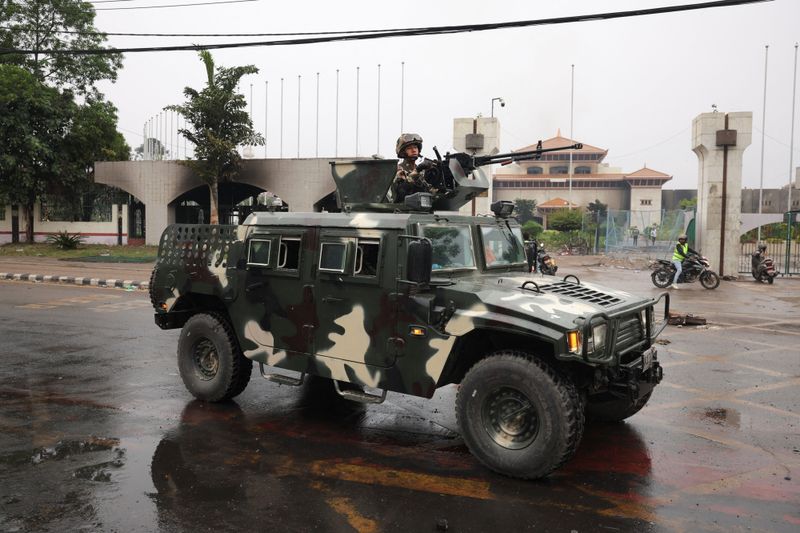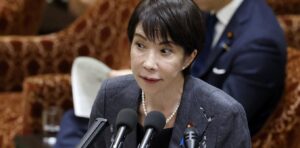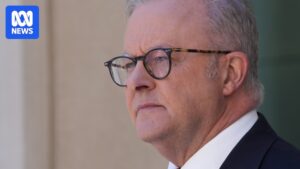
Nepal’s army took control of the nation overnight, effectively quelling the extraordinary violence that had erupted in the streets of Kathmandu on Tuesday. This decisive action opened a channel for dialogue with several representatives of the Gen Z movement, who had dismantled the remnants of the ancient regime over the past 48 hours.
In the aftermath of the unrest, an uneasy calm settled over Kathmandu. Families mourned the loss of over 30 individuals who had perished in the protests, while approximately 1,000 others sustained injuries. Amidst this political and social upheaval, a group of young Nepali men and women selected their first interim Prime Minister through online discussions involving 5,000 participants nationwide.
Emergence of Sushila Karki as Interim Leader
Sushila Karki, aged 73, was chosen as the interim Prime Minister. Her reputation as a staunch anti-corruption advocate precedes her. Karki served as Nepal’s first female Chief Justice of the Supreme Court from July 2016 until June 2017. She is widely respected for her integrity and her unwavering stance against political interference during her tenure, despite facing challenges from powerful political parties.
Balen Shah, the prominent mayor of Kathmandu, and Rastriya Swatantra Party (RSP) leader Rabi Lamichhane were opposed by civil society representatives of the Gen Z movement to lead the interim government.
Army Initiates Dialogue with Gen Z Leaders
The day unfolded with several unexpected developments. Following his national address, where he appealed for calm during this critical period, Army Chief Ashok Raj Sigdel engaged a select group of representatives for preliminary discussions on the country’s future.
Key Gen Z leaders, including Rakshya Bam, Tanuja Pandey, Samaya Khadka, Purusottam Yadav, Amit Khanal (Urja), Dheeraj Joshi, Yonjan Rajbhandari, Shiva Yadav, and Barsha Budhathoki, were invited. The meeting was facilitated by Asim Man Singh Basnet, CEO of Pathao, and filmmaker Nischal Basnet.
Participants reported that the army chief emphasized the necessity of peaceful dialogue to form an interim government led by a civil society representative. Sudan Gurung, head of the NGO Hami Nepali, which organized the pivotal protest on Monday, supported this proposal.
Debate Over Constitutional Amendments
The central topic of discussion was the governance of the country. The army chief encouraged Gen Z protesters to engage with Durga Parsain, a leader of the pro-monarchy Rastriya Prajatantra Party (RPP), and other RSP leaders. They proposed eliminating key features of the 2015 Constitution, such as its federal structure.
Some Gen Z leaders walked out when asked to consider Parsain’s proposal, highlighting that the federal nature of the republic delicately balances the rights and responsibilities of the Madhesis, Janjatis, and upper caste Brahmins and Kshatriyas.
The right-wing leaders of the RPP and RSP also advocated for a presidential system, making the President the head of state. They suggested dispensing with proportional representation in favor of the first-past-the-post (FPTP) electoral system for electing Parliament, the President, and the Vice-President.
Currently, Nepal’s Constitution incorporates both FPTP and proportional representation to ensure equal representation of all genders and communities in Parliament.
However, Gen Z representatives refused to consider altering the Constitution and the electoral system. The meeting concluded without a concrete agreement.
Constitutional Crisis and Future Prospects
“Nepal is in an unprecedented constitutional crisis,” senior Supreme Court lawyer Dinesh Tripathi told this reporter. “Our Constitution has no provision for what is happening in the country and it offers no roadmap for what happens next.”
Nepal remains in a phase of deep uncertainty, with one question resonating among its citizens: what happens next?
If Sushila Karki assumes leadership, her profound understanding of Nepal’s judicial system could help navigate a path toward peace and stability. For now, Nepal waits—and the world watches—to see whether this unprecedented crisis will mark the beginning of a new chapter for the country or push it further into turmoil.





